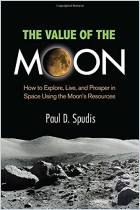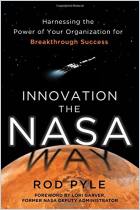
The Case for Mars
The Plan to Settle the Red Planet and Why We Must
First Edition: 1996 más...
ISBN: 9781451608113
Pages: 416
Recommendation
Robert Zubrin combines genuine enthusiasm for space exploration with the levelheaded pragmatism you want in an engineer (which he is). That second quality is essential, as skeptical readers may find themselves shaking their heads at the matter-of-fact way in which Zubrin dispels objections to going to Mars. He makes the journey sound not only easy but logical and inspiring. The book has just two minor weaknesses: First, Zubrin can seem partisan – arguing not just for Mars but against alternative projects, like lunar exploration. Second, occasionally he goes into more detail than really necessary. For instance, plans to name Martian months seem premature, albeit interesting. getAbstract recommends his fascinating book to skeptics who don’t see why society should bother with space, to those old enough to remember the glory days of the Apollo missions, and to anyone interested in bold scientific exploration. This is a trip you can take.
Summary
About the Authors
Astronautical engineer Robert Zubrin heads Pioneer Astronautics and founded the Mars Society. Richard Wagner is the former editor of Ad Astra, an astronautical journal.











Comment on this summary